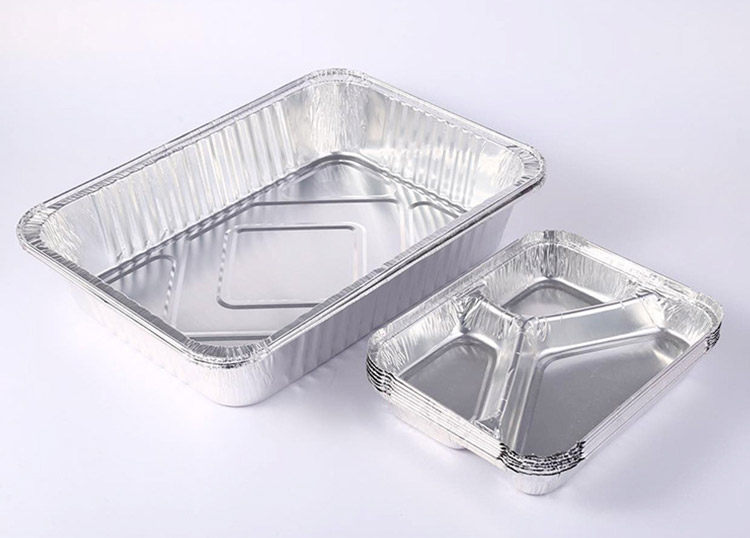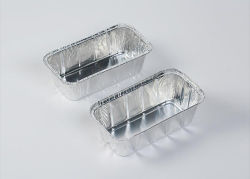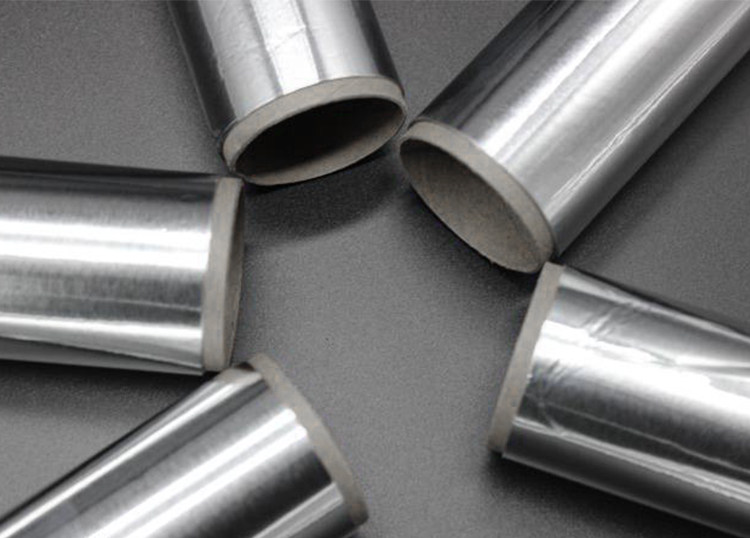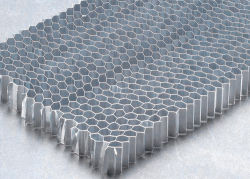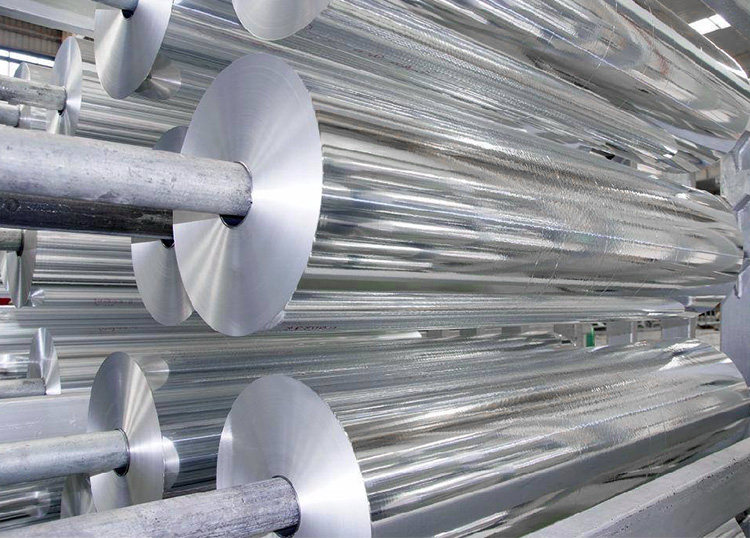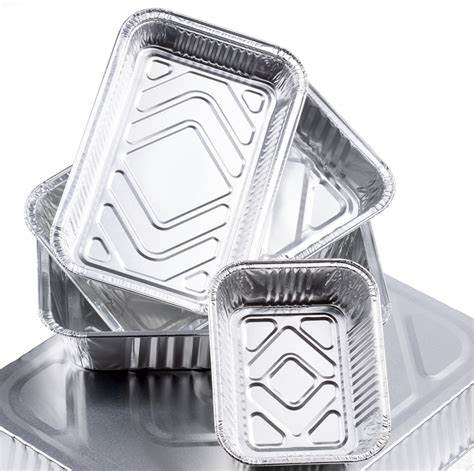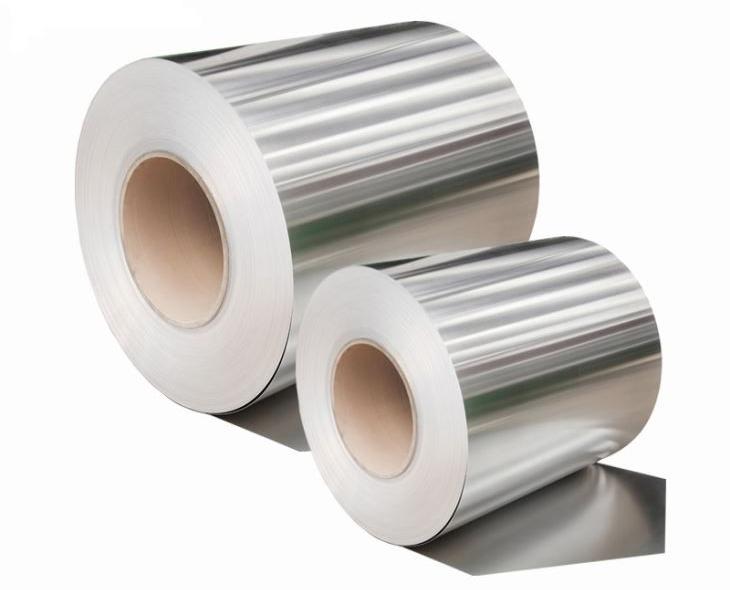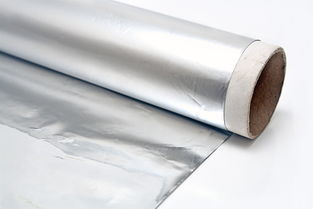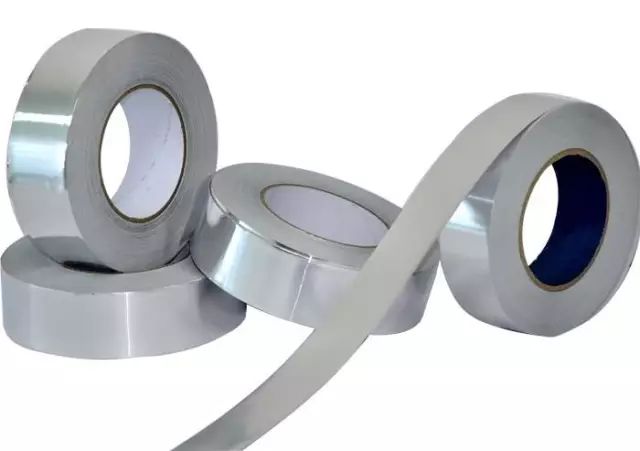In recent years, as plastic restrictions have become more stringent and the public has gained a deeper understanding of the environmental impact of foam and plastic food containers, many restaurants and takeout shops have made a significant shift towards using aluminum foil food containers. These containers have gained popularity due to their eco-friendliness and safety in comparison to their plastic counterparts. However, given that aluminum foil containers are relatively new to the domestic market, there are still many questions surrounding them. In this article, we will address some of the most common concerns raised by concerned individuals.
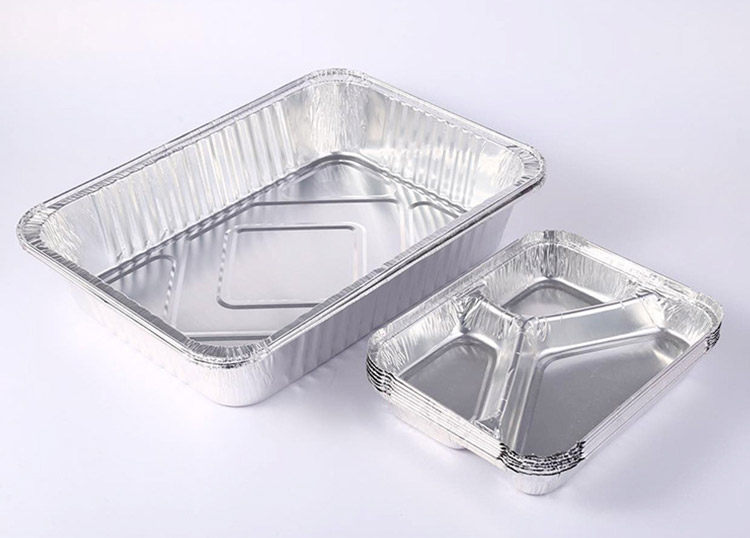
Are Aluminum Foil Containers Safe for Packaging Food?
One of the primary concerns for consumers when it comes to food packaging is safety. Aluminum foil containers are indeed safe and non-toxic, meeting national food hygiene standards. During the production process, these containers do not introduce harmful substances or pollutants, and they are made from renewable resources. The main material of aluminum foil containers is, as the name suggests, aluminum foil. The surface of aluminum foil is covered with a dense oxide layer that stabilizes its chemical properties. This layer prevents the growth of bacteria and microorganisms on its surface. The production of aluminum foil containers adheres to strict national and industry standards. As a result, these containers can safely come into direct contact with food. Generally, aluminum foil does not react with food coatings, especially those found in food-grade coatings.
Will Aluminum Foil Containers Contribute to Environmental Pollution Like Plastic and Foam Containers?
Concerns about the environmental impact of food packaging have driven the search for greener alternatives. Unlike plastic and foam containers that can take centuries to decompose, aluminum is a recyclable material with a high recycling rate. Aluminum foil containers can be recycled and reused multiple times, with recycling rates reaching up to 25 cycles. The recycling process is straightforward and does not generate harmful substances. Furthermore, aluminum containers have a relatively short environmental lifespan compared to plastic and foam. They can weather and degrade in soil over two to three years, causing minimal long-term damage to land and ecosystems.
Where Are Aluminum Foil Containers Being Used?
The usage of aluminum foil containers extends beyond just takeout and delivery. In fact, aluminum foil containers have been used for decades in various applications. One of the earliest uses was in airline catering, where aluminum foil containers were employed to package meals for passengers. In recent years, aluminum foil containers have gained popularity in retail settings for packaging cakes, in takeout restaurants, and for pre-packaged meals. Major fast-food chains have also begun adopting aluminum foil containers as an alternative to traditional packaging materials. Brands like KFC, Real Kungfu, Uncle Sam, and Hua Lai Shi have transitioned to aluminum foil containers due to their versatility and sustainability.
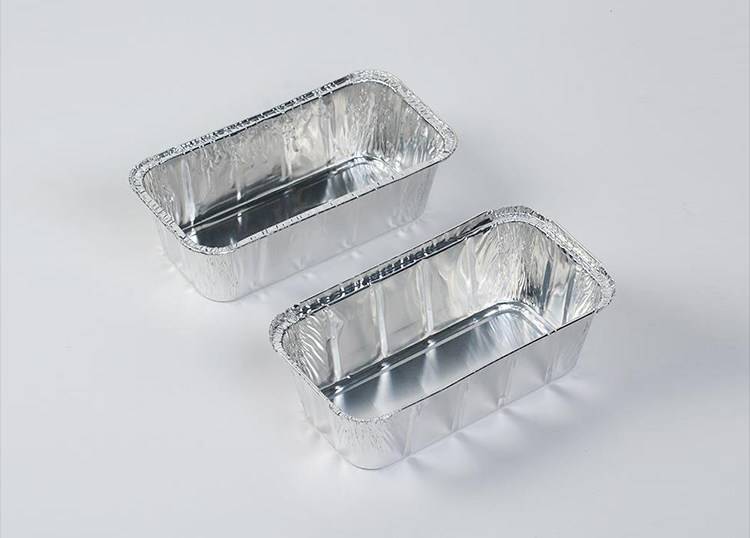
Advantages of Aluminum Foil Containers
The adoption of aluminum foil containers is not only driven by environmental concerns but also by their numerous advantages:
- Customizability: Aluminum foil containers can be customized in terms of size, specifications, colors, and shapes, making them adaptable to various food items.
- Safety and Hygiene: These containers offer a safe and hygienic option for food packaging, and their composition ensures high-temperature sterilization.
- Aesthetic Appeal: Aluminum foil containers have an appealing appearance, and their lightweight nature adds to their visual and practical appeal.
- Versatility: Aluminum foil containers find utility across a wide range of food items, from hot meals to desserts.
- Fashionable and Eco-Friendly: Being both stylish and environmentally friendly, aluminum foil containers promote sustainability and can be recycled.
- Effective Seal: The containers boast excellent sealing properties, minimizing the risk of leakage and preserving the freshness of the food.
- Extended Heat Retention: Aluminum foil containers excel in maintaining the warmth of the food, ensuring that the deliciousness is locked in.
- Compatibility with Heating Methods: These containers can be used with various heating methods, including open flame and microwave heating.
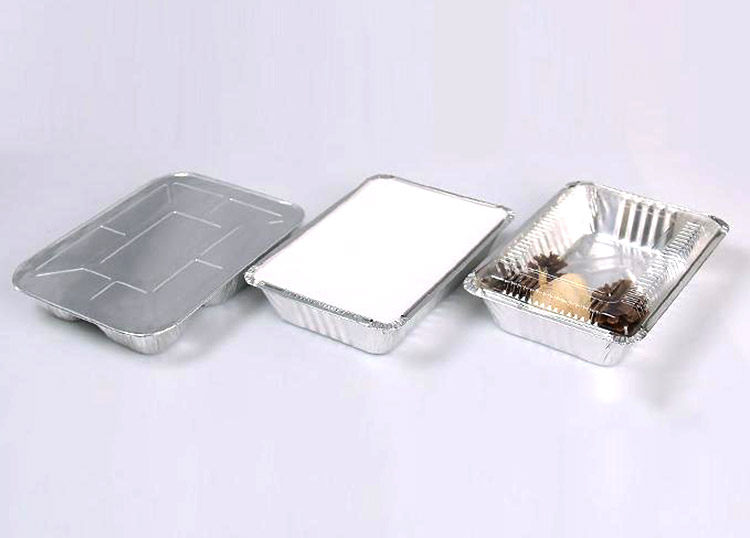
In conclusion, the shift towards aluminum foil food containers is a testament to the growing awareness of environmental issues and the importance of sustainable practices. These containers provide a safe, versatile, and environmentally conscious solution for food packaging. With the food industry continually evolving, the widespread adoption of aluminum foil containers showcases a positive step towards minimizing plastic waste and preserving the planet for future generations.

